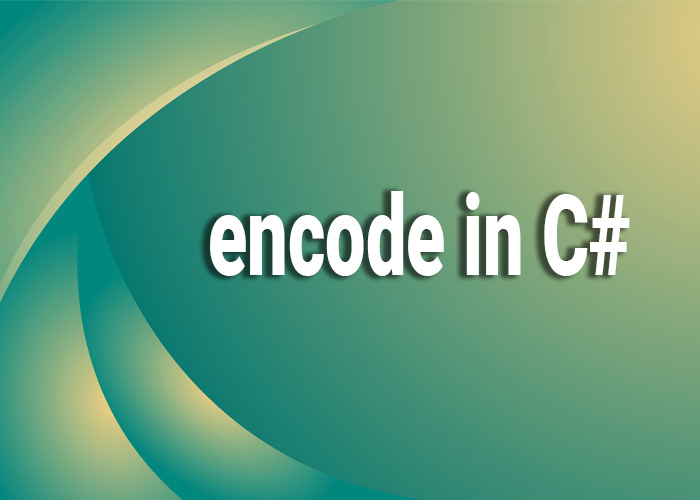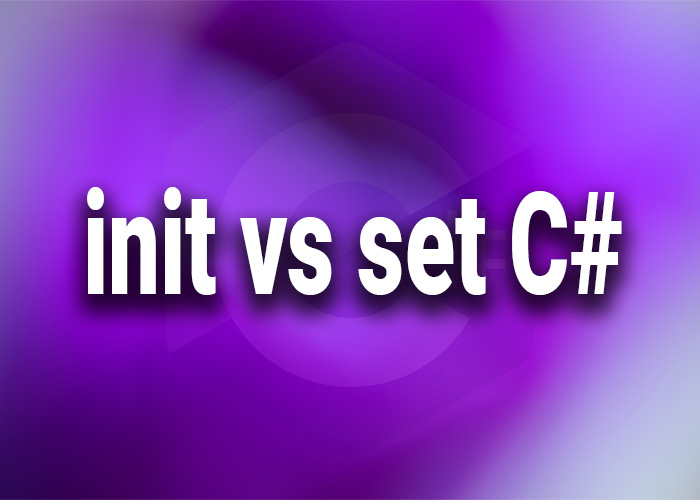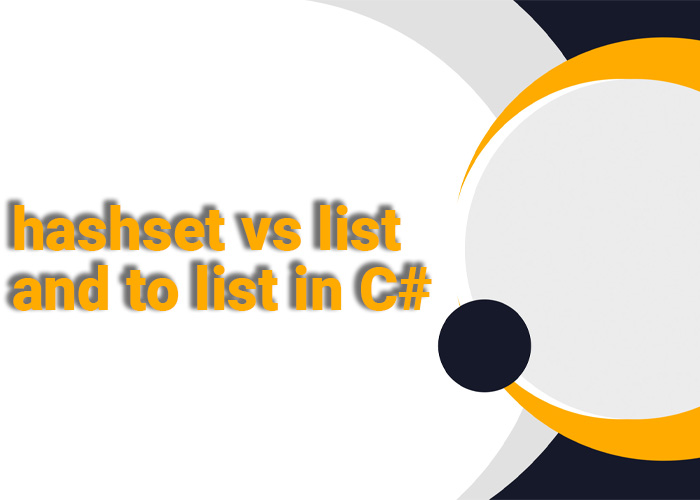Why Use Lambda Expressions in C#?
Lambda expressions are a fundamental feature in C#, offering a concise, functional approach to writing code. Since their introduction in C# 3.0, lambda expressions have become a pivotal part of the language, particularly due to their integration with LINQ (Language Integrated Query) and their ability to simplify event handling and other delegate-based programming tasks. This article explains why lambda expressions are so widely used in C# and the benefits they bring to both the language and its developers.
1. Conciseness and Readability
One of the primary reasons for using lambda expressions is their ability to express complex operations in a succinct and readable manner. They reduce the boilerplate code associated with traditional delegate syntax, making it easier to understand the purpose of the code at a glance.
Before Lambda:
List<int> numbers = new List<int> { 1, 2, 3, 4, 5 };
List<int> evenNumbers = numbers.FindAll(delegate(int i) {
return i % 2 == 0;
});
With Lambda:
List<int> evenNumbers = numbers.FindAll(i => i % 2 == 0);
The lambda version is not only shorter but also much clearer, with the condition directly showing what it checks for without extra syntax.
2. Enhanced Functional Programming
Lambda expressions enhance the functional programming capabilities of C#. They allow you to write code that is more declarative in nature—focusing on what should be done, rather than how. This shift towards a more functional style encourages immutability and stateless design, which can lead to safer and more reliable code.
3. Seamless Integration with LINQ
Lambda expressions are integral to LINQ, enabling developers to write powerful query expressions directly in C#. They provide the means to apply functions over collections in a way that is both intuitive and closely aligned with SQL-like syntax, making data manipulation and retrieval more straightforward.
var filteredResults = context.Users.Where(u => u.Age > 18).Select(u => u.Name);
In this LINQ query, lambda expressions define conditions and projections, turning what would typically be a verbose query into a streamlined and highly readable one.
4. Versatility in Usage
Lambda expressions can be used across a wide range of scenarios, including:
- Event handling: Simplifying the way event handlers are written, especially for short handlers.
- Creating expressions: They can form part of expression trees, which are used by LINQ providers to translate high-level instructions into lower-level code or queries.
- Asynchronous programming: Used in tasks and async operations to define inline asynchronous methods.
5. Anonymous Methods and Closures
Lambda expressions support closures, meaning they can capture and use variables defined outside their scope. This makes them incredibly powerful when you need a function to maintain state.
int factor = 5;
Func<int, int> multiplier = num => num * factor;
Console.WriteLine(multiplier(5)); // Outputs 25
Here, the lambda expression captures the factor variable from its surrounding context, allowing the function to utilize external state in its computation.
6. Increased Maintainability and Flexibility
Lambda expressions contribute to better maintainability and flexibility in software design. By reducing code complexity and increasing the modularity of functions, lambda expressions make it easier to update, test, and reuse code.
Conclusion
Lambda expressions are a powerful feature in C# that bring a multitude of benefits, from improving code clarity and maintainability to enabling functional programming techniques and simplifying complex operations. Their integration into LINQ and other areas of the .NET Framework has made them an essential tool for any C# developer. Understanding and utilizing lambda expressions can significantly enhance the efficiency and quality of your C# programming projects.





